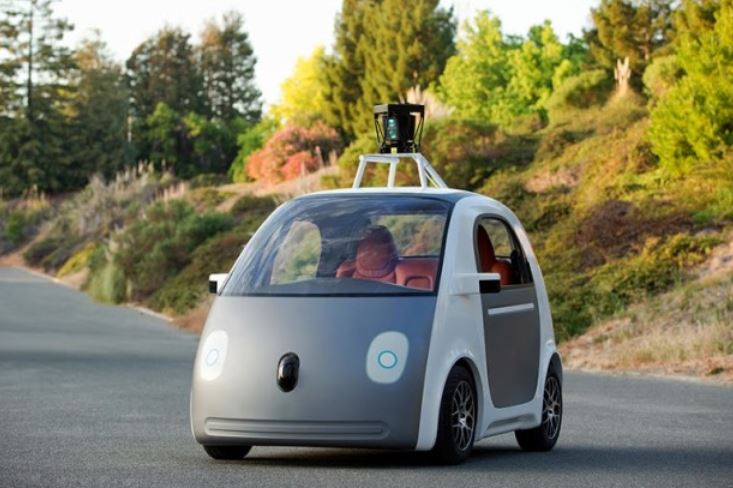
By eliminating the need to physically steer a vehicle, runaway perpetrators will have both hands at their operational disposal to rain fire upon lawmen, claims the FBI. According to an internal, yet unclassified FBI report obtained by The Guardian through a public records request, the agency fears that autonomous cars will revolutionize high-speed car chases and terror plots in just a few short years. “Autonomy … will make mobility more efficient, but will also open up greater possibilities for dual-use applications and ways for a car to be more of a potential lethal weapon that it is today,” claim agents in the Strategic issues Group who authored the report.
Autonomous self-driving cars functions in large part due to laser ranging (called lidar), GPS, video cameras and GPS technology to create a digital 3D map of the surrounding roads, vehicles, signs, and pedestrians. Software then navigates the vehicle to the selected destination while adhering to traffic laws. What law enforcement agents actually fear is that criminals will override or hack safety features to ignore traffic lights and speed limits, enabling them to flee crime scenes while eliminating the need to keep their eyes on the road. Similarly, the autonomous cars present the opportunity to create a remote controlled bomb, loaded with explosives and sent off on its merry way to blow someone up.
On the other hand, the FBI is confident that self-driving cars will drastically reduce the number of accidents involving emergency vehicles by optimizing three-point turns and other precise maneuvers that might otherwise interfere with suspect apprehension. London’s Metropolitan police cars are noted to have experienced as many as twelve accidents in a single day, whereas 80 people die per year in the U.S. due to collisions with emergency vehicles. “The risk that distraction or poor judgment leading to collision that stems from manual operation would be substantially reduced,” states the report.
The one real area of improvement directly related to self-driving cars is surveillance. The FBI points out that “surveillance will be made more effective and easier, with less of a chance that a patrol car will lose sight of a target vehicle.” Maintaining a steady proximity from the target is easier to accomplish if left in the hands of an automated computer, not subject to the irrational variables governing human mechanical operation. By calculating the velocity of all other nearby autonomous vehicles, the self-driving car can take opposite turns at intersections to avoid detection but still meet up at a later point.
Via TheGuardian
Advertisement
Learn more about Electronic Products Magazine





